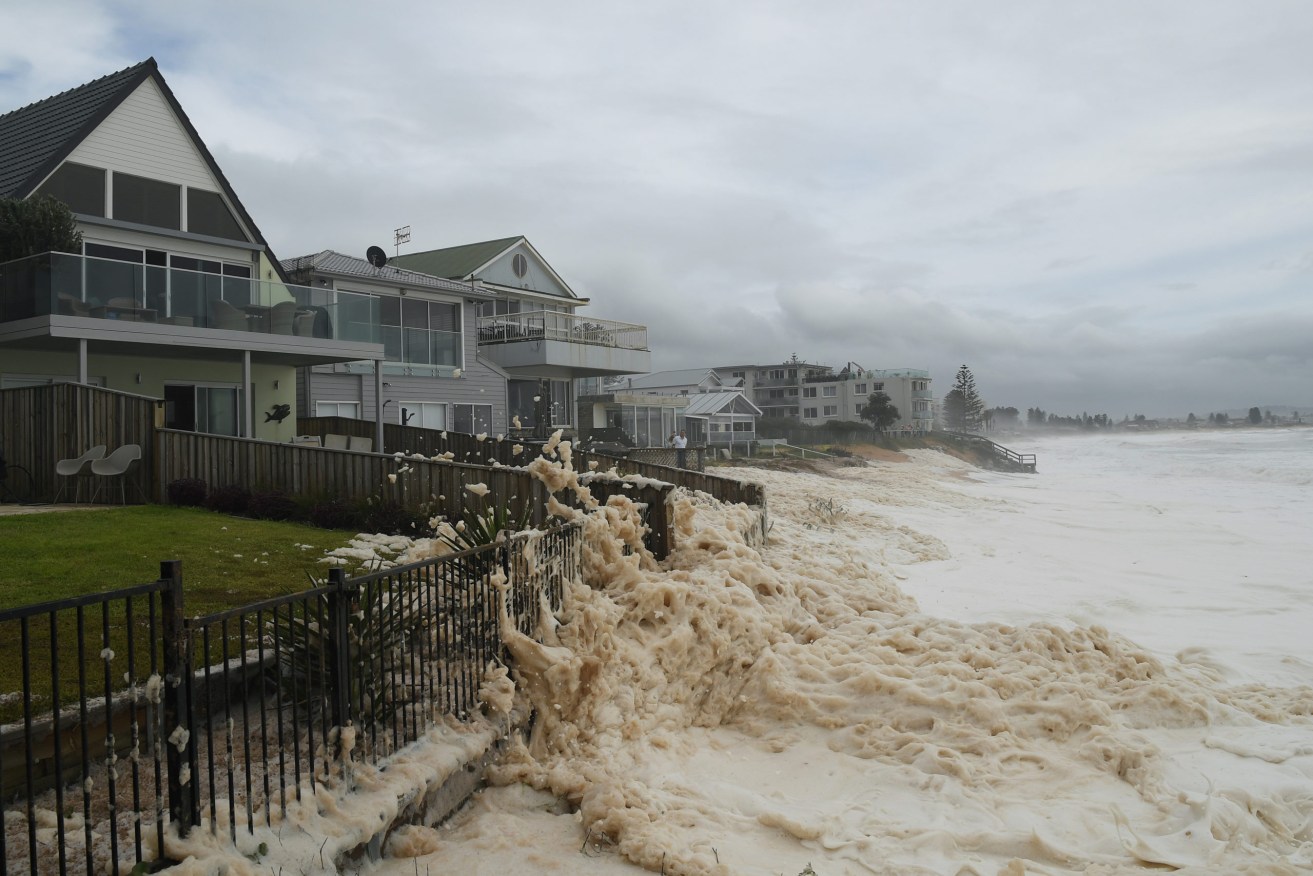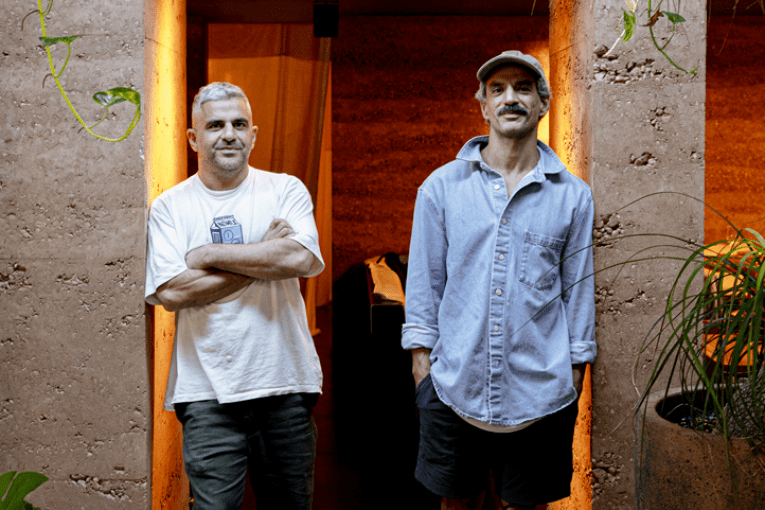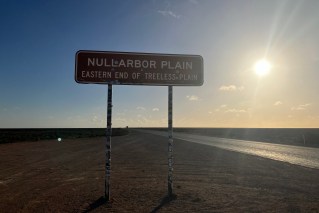Beyond politics: Why battle to rein in climate change can only be decided in our courts
We are facing a summer when global extreme climate change will be the unavoidable topic. Dennis Atkins says young people are demanding action now, and are prepared to use the courts to make their point.


Australia is urged to develop climate change-resilient infrastructure and protect coastal areas. (Photo: Joel Carrett/AAP)
The more climate changes, the more we have to update our everyday lexicon.
We talk about El Niño, La Niña, the Indian Ocean Dipole – three elements shaping Australia’s climate, and the consequential weather patterns within that longer term.
We may have to add a new kind of phrase to this weather and climate talk: something like “the medicane”. This is essentially a tropical cyclone turning up somewhere it shouldn’t be.
There was one – Daniel – in the Mediterranean (accounting for its “medi” prefix) over the first half of September, beginning with massive flooding in Turkey and Greece before making north-eastern Libya look like an entry from Wikipedia under the heading Biblical Catastrophe.
Elsewhere across the Northern Hemisphere extreme heat struck in the Southwest of the USA and Mexico, throughout Southern Europe and in China. In Death Valley in the US West and in Sanboa, Central China, temperatures exceeded 50C on July 16 – the latter being an all time Chinese heat record.
On the other side of the Atlantic, Catalunya in Spain had the hottest ever day while other places in Spain recorded the hottest overnight minimums. Perhaps the hottest place to be was Phoenix, Arizona in the USA which had a 31-day stretch with maximum temperatures higher than 43.3C.
Looking around you can find records everywhere. In Miami, Florida, the heat index (a unit measuring temperature and humidity) sat above 37.8C for 46 days, which included a shorter more extreme period of 13 days over 41.1C.
Globally, it was the hottest June on record this year and July was the hottest month ever, according to historical data.
Welcome to extreme climate. Welcome to the 2023/24 El Niño – a weather pattern only just nudging the east coast of Australia and drying out the centre, the south and the west.
Any suggestion this is a new normal is nonsense. This is a new extreme. Here’s (https://bit.ly/45sQfzk) a guide to preparing for the coming hot summer in Australia.
As these records fall and data is rewritten in every book, the underlying cause is highlighted by climate scientists. The consensus is that what we’ve seen during this past Northern Summer – including the Mediterranean disasters – could not have happened without man made climate change.
Most recently, the United Nations has issued a clarion call for urgent action with a preview of an international stocktake due to be released at the global meeting of signatories to the Paris Climate Accord, which will be held in the United Arab Emirates over the first fortnight of December.
This stocktake says almost none of the signatories is anywhere near meeting targets for reducing – or acting to reduce – carbon emissions.
The conclusion of the UN now, two months from the Dubai meeting: “The world is way off track to tackle climate change and remains headed for a temperature rise of up to 2.6C and must take urgent action.”
The global temperature is 1.1C higher than the absolute maximum needed to even begin to arrest extreme climate events and trends, the UN says. While no major economy is spared, the countries singled out for particular opprobrium are Saudi Arabia and China – with the latter described as using “wrecking ball” tactics during negotiations between climate ministers in August.
Here is the UN’s prognosis: “A radical transformation of systems across all economic sectors. Including boosting renewable energy, ending the use of all fossil fuels without emissions captured, cutting methane and other greenhouse gasses, ending deforestation, and improving energy efficiency.”
This is the kind of agenda that makes politicians – including centre left administrations like that of Anthony Albanese – look for a place to hide.
Even if they know these actions must be taken they are afraid of the political cost. They fear the suburban and regional voters who worry about any direct, hip pocket price for adaptation, mitigation and change.
Truck drivers, people using older, dirty cars, those working in brown industries, farmers and any manner of citizens dependent on the old economy to pay for present day lives.
There is not much courage in Canberra – or in any state government treasuries – when it comes to telling people there is a real price to pay to protect the world for future generations.
There are signs around the world – including in Australia – that young people are not waiting for politicians to act. Legal challenges are underway (or have concluded) holding governments to account for their part in denying the next generation the right to live in an environment not polluted and made deadly by burning fossil fuels.
The most famous of these cases, Juliana v the United States of America, is in its eighth year winding through state and federal courts, now awaiting a hearing in the Federal Court (and likely challenge in the Supreme Court) in Washington D.C. to hear if the matter can be green lighted and taken to a conclusion.
This case started in Oregon in 2015 when 21 young people aged 14 to 25 charged the US government had violated their constitutional rights to “life, liberty, personal safety and property through the wilful action of creating the climate crisis they say they will inherit”.
In June this year the US District Court ruled in favour of the 21 young people, sending the case back on track to be heard in federal court. Over the following five to six weeks, the Biden Justice Department has been throwing roadblocks down to stop the case proceeding with a motion to stay proceedings, something the plaintiffs say is “nothing short of outrageous”.
Alongside this case are myriad others(https://bit.ly/48jwHzI): 704 against governments which range from protecting biodiversity and ecosystems to asking for just transition and petitioning environmental assessments and permissions, 91 cases against corporations and individuals and five cases challenging advisory opinions.
They cover everything from power stations in Turkey to the tax benefits of aviation in Austria and the obligation of the Pakistan Government to control deforestation. There’s (https://bit.ly/3Rrva4F) a live case in Australia where the Albanese Government is joining mining companies to defend the development of coal prospects in Central Queensland – Narrabri Coal Operations and MACH Energy.
Environmental Justice Australia says Commonwealth Environment Minister Tanya Plibersek has a responsibility to own the consequences of the mining.
Most of the cases around the world can be defined broadly as taking up the tobacco precedent: companies knew the consequences of what they were doing but kept doing it anyway, regardless of the cost to life and livelihoods.
The perverse outcome of governments and corporations fighting all these cases is that those taking the actions are gathering massive amounts of documentation and material through discovery. It is now clear fossil fuel companies knew the consequences of what they were doing going back to the late 1950s.
Also, the longer the cases drag on the more obvious the impact of global extreme climate change.
This is a global response to a global problem, the cost of which will mount every day there is delay.
If governments do not act two things are certain: the environment will suffer perhaps beyond a tipping point, slipping into the unknown, and voters, especially those who will inherit the world as it will be, will turn away from the establishment parties and look for someone who promises greater action now.












